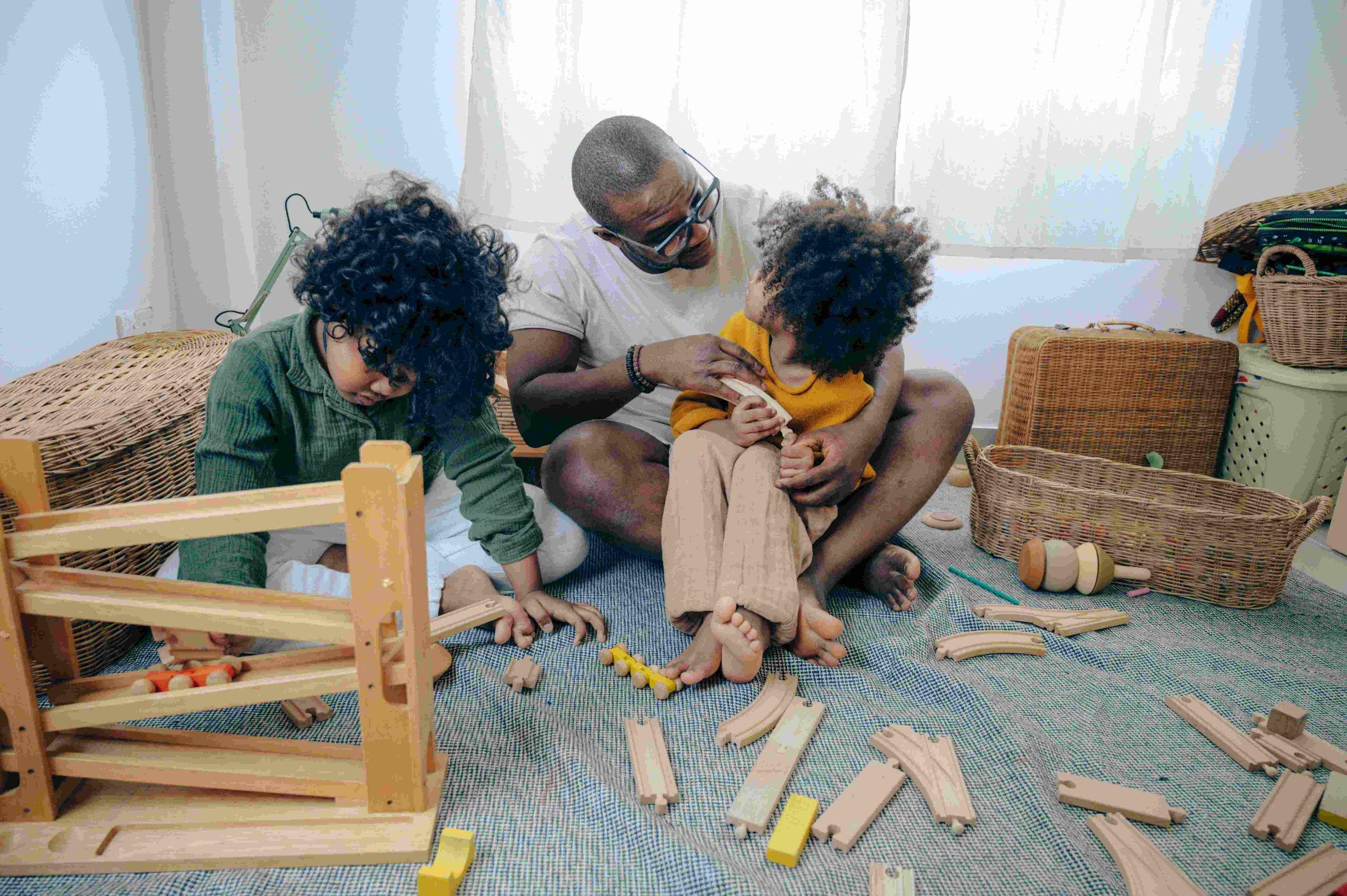
Building Strong Foundations: Developing Life Skills in Preschoolers
Preschoolers are at a critical stage of development, where they are building the foundation for their future. It is during this time that they develop essential life skills that will help them navigate through life. Life skills refer to the abilities and competencies that enable individuals to manage themselves and their relationships effectively. In this article, we will explore the importance of developing life skills in preschoolers and some of the key life skills that they need to learn.
Social Skills Development
Social skills refer to the ability to interact with others in a positive and effective way. Preschoolers need to develop social skills to establish relationships with peers, parents, caregivers, and teachers. They learn to communicate their needs, wants, and feelings in an appropriate manner. Additionally, they also learn to share, take turns, and cooperate with others. Social skills are crucial for preschoolers’ emotional and social development.
Nurturing Self-Regulation
Self-regulation refers to the ability to manage one’s emotions, thoughts, and behaviors. Preschoolers need to develop self-regulation skills to control their impulses and express their emotions in a healthy way. Learning to manage feelings of anger, frustration, and sadness is crucial at this stage. Moreover, they learn to wait their turn, follow rules, and make good choices, fostering emotional and behavioral development.
Importance of Problem Solving
Problem-solving refers to the ability to identify problems and find solutions to them. Preschoolers need to develop problem-solving skills to cope with challenges and overcome obstacles they encounter. It is essential that they learn to identify problems, brainstorm solutions, and evaluate their effectiveness. Problem-solving skills are crucial for preschoolers’ cognitive and social development.
Encouraging Independence and Responsibility
Independence and responsibility are vital aspects of a preschooler’s development. They refer to the ability to take care of oneself and one’s belongings, which preschoolers need to become self-sufficient. Through learning to dress themselves, feed themselves, and take care of their belongings, they gain a sense of autonomy. Following routines such as bedtime and mealtimes further reinforces these skills, contributing to their self-esteem and confidence.
Fostering Creativity and Imagination
Creativity and imagination play a significant role in preschoolers’ cognitive and emotional development. These abilities refer to thinking outside the box and generating new ideas. Preschoolers need to develop creativity and imagination skills to explore the world around them and express themselves. Through activities such as creating games, storytelling, and engaging in arts, music, and dance, they enhance these essential skills.
Enhancing Communication Skills
Effective communication skills are paramount for preschoolers as they interact with the world around them. Communication skills enable them to express their thoughts, feelings, and needs clearly. Moreover, they learn to understand others and engage in meaningful interactions. Encouraging preschoolers to express themselves, ask questions, and actively listen fosters strong communication skills, which are vital for their cognitive, social, and emotional development.
Emphasizing Critical Thinking
Critical thinking skills are indispensable for preschoolers to navigate the complexities of the world. These skills involve analyzing, evaluating, and solving problems using logic and reasoning. Preschoolers need to develop critical thinking skills to make informed decisions and judgments. Encouraging them to ask questions, challenge assumptions, and think creatively are effective ways to nurture critical thinking. Providing opportunities for problem-solving activities further enhances their critical thinking abilities.
Time Management for Productivity
Time management skills are essential for preschoolers to effectively organize their tasks and activities. These skills enable them to prioritize tasks, meet deadlines, and utilize their time efficiently. Preschoolers need guidance in learning to manage their time effectively and make the most of the resources available to them. Setting routines, creating schedules, and breaking tasks into smaller, manageable steps are effective strategies for developing time management skills in preschoolers.
Encouraging Self-Care and Hygiene
Self-care and hygiene are essential aspects of preschoolers’ overall well-being. These skills involve taking care of oneself physically, emotionally, and mentally. Preschoolers need to learn to maintain good health, manage their emotions, and cope with stress effectively. Teaching self-care habits such as grooming, expressing feelings, and practicing relaxation techniques are crucial for their development. Additionally, instilling good hygiene practices like handwashing and dental care from an early age promotes lifelong habits.
Nurturing Conflict Resolution
Conflict resolution skills are vital for preschoolers to navigate interpersonal relationships effectively. These skills enable them to resolve disagreements and disputes peacefully, fostering positive social interactions. Preschoolers need to learn to communicate effectively, understand different perspectives, and work collaboratively to find mutually acceptable solutions. Providing opportunities for role-playing, problem-solving, and encouraging respectful communication are effective ways to nurture conflict resolution skills in preschoolers.
Instilling Decision-Making Abilities
Decision-making skills are essential for preschoolers to become independent and responsible individuals. These skills enable them to make informed choices based on available information and their values and preferences. Preschoolers need to learn to evaluate options, consider consequences, and make decisions that align with their goals. Providing opportunities for exploration, problem-solving, and reflection are effective ways to foster decision-making skills in preschoolers.
Cultivating Goal-Setting
Goal-setting skills empower preschoolers to become motivated and purposeful individuals. These skills involve setting achievable goals, creating action plans, and monitoring progress towards those goals. Preschoolers need guidance in identifying their interests and strengths, setting realistic goals, and developing strategies to achieve them. Celebrating achievements, learning from setbacks, and adjusting plans as necessary are essential aspects of cultivating goal-setting skills in preschoolers.


